On May 12, WKKF President and CEO La June Montgomery Tabron joined Meghna Chakrabarti, host and editor of NPR’s On Point to talk about what the world needs now from philanthropy. They were also joined by guests Una Osili, associate dean for research and international programs at the Indiana University Lilly Family School of Philanthropy and Dr. Rajiv Shah, president of the Rockefeller Foundation.
The conversation explored how many foundations, corporations and philanthropists are rethinking their approach to philanthropy in this time of COVID-19 and, more importantly, how different sectors are coming together to re-envision and create a more equitable and resilient America going forward.
"Philanthropy is more than just money. We have knowledge. We have resources. We’ve invested in studies and pilots. This is a moment where we can take that knowledge and put it into the right places so that as we … get into the act of rebuilding and reimagining, that we’re not starting from scratch."
LA JUNE MONTGOMERY TABRON
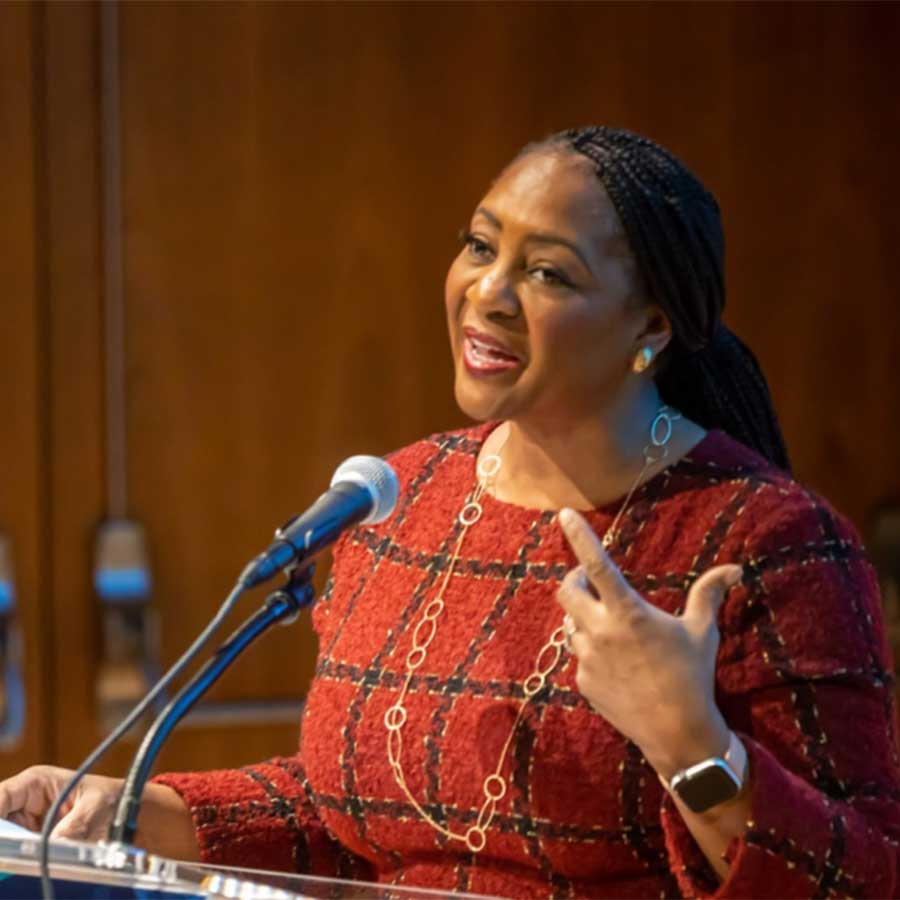
INSIGHTS ON WKKF'S RESPONSE AND APPROACH
- Relying on close relationships with grantee organizations and community leaders is essential. WKKF focused first on providing relief and that means listening and responding to what people need on the ground. From there, conversations shift to what it will take to rebuild communities and a country that is more equitable for all.
- As a foundation, WKKF is offering greater flexibility to grantees and community partners in the short-term with their grants, and, in some cases, providing additional resources so they can respond and adapt to the urgent needs of communities during the pandemic.
- How quick turn collaboration among corporations and foundations matters in times like these. For instance, a local collaboration in Detroit made it possible for more than 50,000 students in Detroit Public Schools to receive a tablet and internet access for six months. Bridging the digital divide and supporting online learning, also benefits family members who may need to search for jobs, complete the 2020 Census or possibly vote online later this year.
- Ultimately, focusing on relief is not enough. Philanthropy, nonprofits, government and businesses have to think in both the short- and long-term. And, while the longstanding root causes of racial inequities have been revealed by COVID-19, we don’t have to start from scratch in reimagining what could be possible to create a more equitable country. Instead, there is incredible research, knowledge and wisdom in communities on how we could transform this country and its systems. For instance: rethinking policies related to “essential workers” and how we regard, treat and support those on the front lines of our health care and food systems.
Listen to the full interview on NPR
"…We have recommendations for how we can rebuild a more equitable system that’s not built in racialized structures ... While we have attention of the nation and the agency to begin to address these issues, let’s use what we know to make them right."
LA JUNE MONTGOMERY TABRON

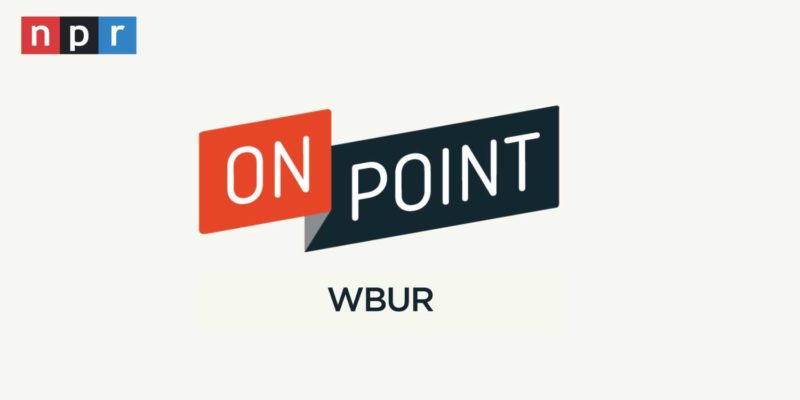

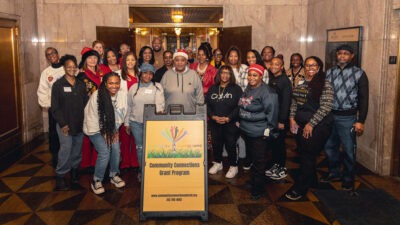
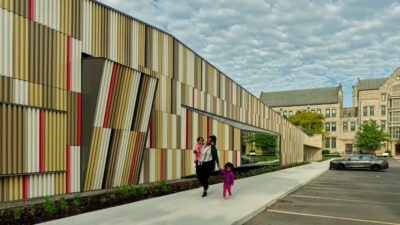

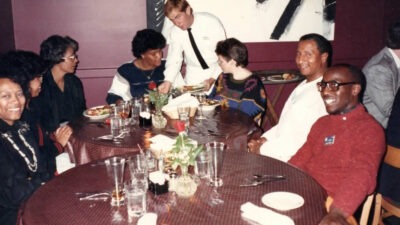

Comments